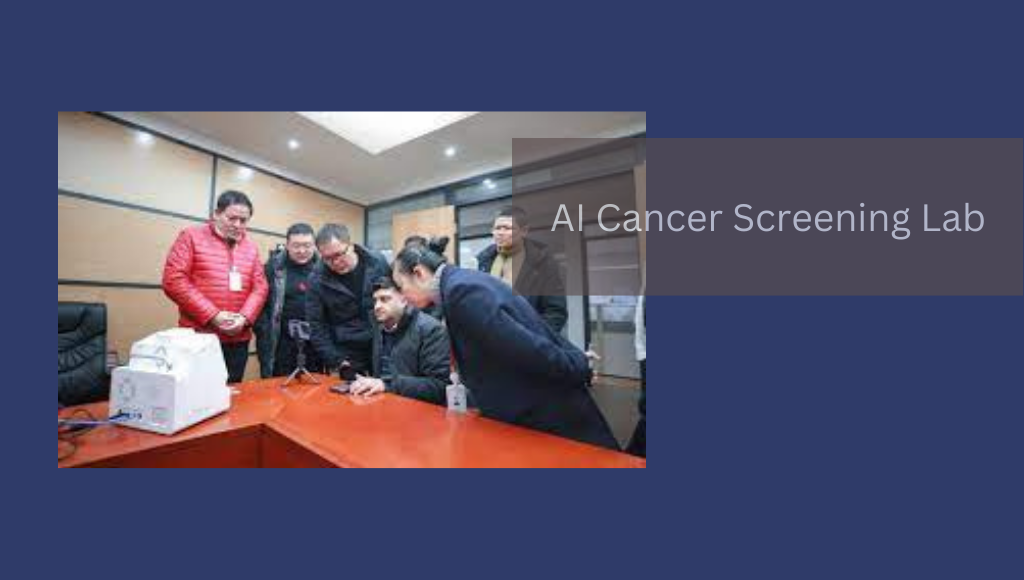The European Union is taking a bold step forward in fostering the growth of ethical and responsible artificial intelligence (AI) startups. In her annual ‘State of the Union’ address, EU President Ursula von der Leyen unveiled an ambitious plan to provide startups with access to the EU’s high-performance computing (HPC) supercomputers for training AI models. However, there’s a caveat: To gain access to this formidable computational resource, startups must align with the EU’s evolving AI governance standards.
The EU’s AI Governance Landscape:
The EU’s commitment to AI governance is multifaceted. Firstly, it introduced voluntary rules and standards in May to guide the AI industry while formal regulations are being developed. These interim measures aim to prepare companies for forthcoming AI rules. Additionally, the EU is progressing towards the adoption of the AI Act, a comprehensive risk-based framework designed to regulate AI applications. This act will play a pivotal role in shaping the AI governance landscape in the near future.
Furthermore, the EU is collaborating with international partners, including the United States, to establish an AI Code of Conduct, bridging the legislative gaps between different countries. This international cooperation is a crucial step in ensuring responsible AI development on a global scale.
Carrots for Responsible AI Startups:
The EU’s AI governance strategy includes incentives for responsible AI startups. The new initiative announced by President von der Leyen aims to build on the existing policy, allowing ethical AI industry players to access supercomputers. The spokesperson for the European Commission confirmed this initiative’s goal is to facilitate and support access to European supercomputing capacity specifically for ethical and responsible AI startups.
HPC Access for AI Startups:
The EU already boasts eight supercomputers located across the continent, including pre-exascale and petascale supercomputers. Notable among them are Lumi in Finland, MareNostrum 5 in Spain, and Leonardo in Italy. Two more exascale supercomputers, Jupiter in Germany and Jules Verne in France, are set to join this impressive lineup in the future.
President von der Leyen emphasized Europe’s recent achievements in supercomputing, positioning it as a global leader in this field. She announced the new initiative to open access to high-performance computers for AI startups, significantly reducing the time required for training AI models, from months or years to days or weeks.
A Global Approach to AI Governance:
The EU’s vision for AI governance extends beyond its borders. President von der Leyen suggested establishing a global panel, similar to the Intergovernmental Panel on Climate Change (IPCC), to provide policymakers with research and insights into AI-related risks and benefits. This initiative underscores the EU’s commitment to global collaboration in shaping the future of AI responsibly.
Conclusion:
The EU’s initiative to grant access to high-performance computing resources for ethical AI startups is a commendable step towards nurturing responsible AI development. As the EU works towards establishing comprehensive AI regulations, it seeks to lead the way in creating global standards for the safe and ethical use of AI. By aligning startups with its AI governance principles and providing them with access to powerful computing infrastructure, the EU aims to foster innovation that is in harmony with European values and global ethical standards.






